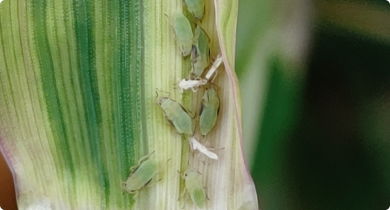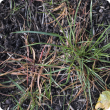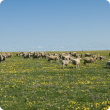Crops
The Department of Primary Industries and Regional Development continues to support the growth and international competitiveness of all crop industries in Western Australia.
With a 2400 kilometre span from its tropical north to its temperate south, WA supports a broad range of cropping industries from rain-fed winter cereals through to irrigated horticultural crops.
In the 2012/13 year the WA cropping industries exported a total of $3.9 billion which comprised: $3.1 billion of cereals, $859 million of pulses, pastures and oilseeds, $142 million of horticultural crops. The major contributors to these exports were wheat ($2.7 billion), canola ($756 million), barley ($377 million), lupins ($42 million), carrots at $48 million, oats ($12 million), and strawberries at $5.5 million.
Articles
Pages
Filter by search
Filter by topic
- Pests, weeds & diseases (15) Apply Pests, weeds & diseases filter
- Herbicides (15) Apply Herbicides filter
- Control methods (15) Apply Control methods filter
- (-) Remove Weeds filter Weeds
- (-) Remove Chemicals filter Chemicals
- Grains (12) Apply Grains filter
- Crop weeds (12) Apply Crop weeds filter
- Grains research & development (7) Apply Grains research & development filter
- Pastures (3) Apply Pastures filter
- Mechanical, physical and cultural (3) Apply Mechanical, physical and cultural filter
- Wheat (1) Apply Wheat filter
- Pasture management (1) Apply Pasture management filter
- Lupins (1) Apply Lupins filter
- Grains Research & Development (1) Apply Grains Research & Development filter









